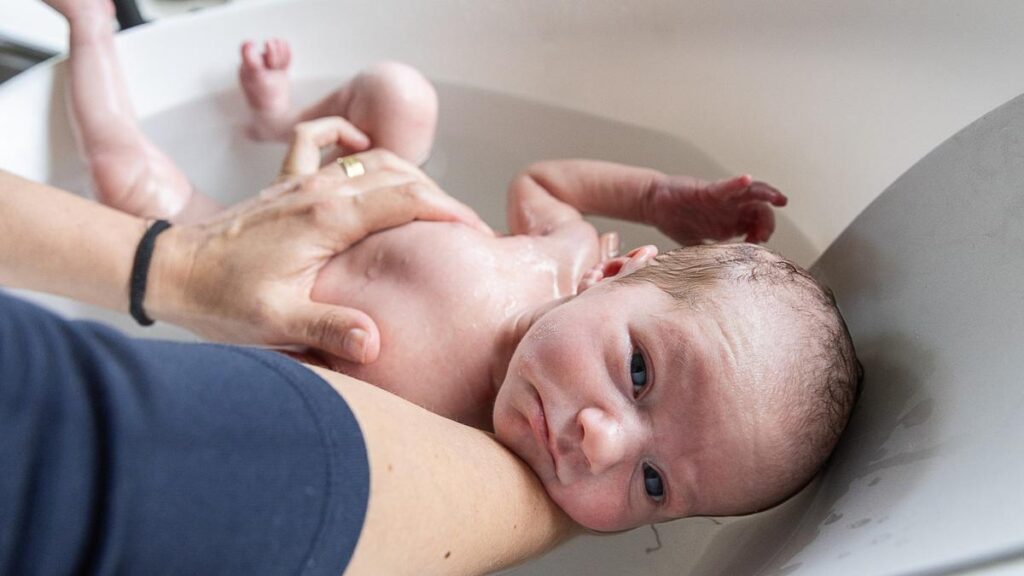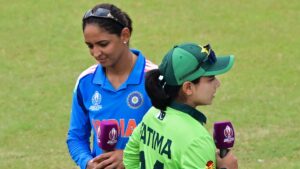
A groundbreaking advancement in reproductive science suggests that babies may one day be born without the need for biological mothers. Researchers have devised a method to create human eggs from skin cells, a development that holds significant promise for future fertility treatments.
The innovative process, referred to as mitomeiosis, replicates natural cell division. This technique enables skin cells to transform into egg-like cells containing the correct number of chromosomes. According to a study conducted by scientists, these egg-like cells can be fertilised and subsequently develop into early embryos.
The implications of this research are profound. It offers hope for women who have lost their eggs due to medical conditions or age-related factors. Furthermore, this breakthrough could pave the way for same-sex male couples to have children together, which could redefine family structures.
Professor Richard Anderson, deputy director of the MRC Centre for Reproductive Health at the University of Edinburgh, commented on the significance of this development: “The ability to generate new eggs would be a major advance. This study shows that genetic material from skin cells can be used to generate an egg-like cell with the right number of chromosomes to be fertilised and develop into an early embryo.”
In laboratory experiments, researchers successfully produced 82 functional eggs. Notably, approximately 9 percent of these eggs advanced to the blastocyst stage of embryo growth. While this early success is promising, researchers caution that many eggs did not progress beyond fertilisation, and several exhibited abnormalities.
Professor Ying Cheong from the University of Southampton described the findings as an “exciting proof of concept.” She emphasized the potential impact of this research on understanding infertility and miscarriage. “While this is still very early laboratory work, in the future it could transform how we understand infertility and miscarriage,” she stated.
The study marks a significant step forward in reproductive technology, but experts underline that more research is necessary to refine the process and ensure its safety and efficacy. As scientists continue to explore the possibilities, the dream of children being born without biological mothers may not be as distant as once thought.
As this field of research progresses, it may usher in new opportunities for families and change the landscape of reproductive health. The implications of this work extend beyond scientific achievement; they could reshape societal norms surrounding family and parenthood in the years to come.







